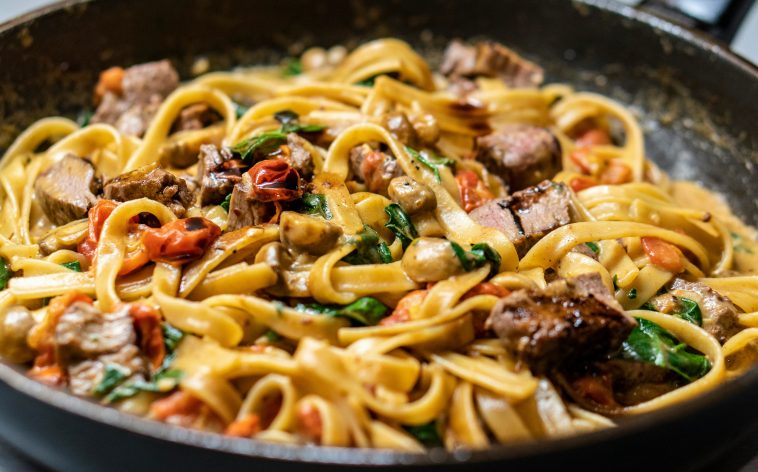Introduction:
In the ever-evolving landscape of culinary delights, the English breakfast stands as a stalwart symbol of comfort and indulgence. However, as tastes and preferences shift in the modern era, so too does the concept of the quintessential morning meal. In this article, we embark on a journey to explore the modern English breakfast—a fusion of tradition and innovation that reflects the diverse palate and lifestyle choices of contemporary diners.
Embracing Health and Wellness:
While the traditional English breakfast is renowned for its hearty and indulgent fare, modern interpretations place a greater emphasis on health and wellness. Chefs and home cooks alike are incorporating lighter, fresher ingredients to create breakfast options that are both nutritious and satisfying.
Plant-based alternatives such as tofu scramble, veggie sausages, and avocado toast have gained popularity, catering to the growing demand for vegetarian and vegan options. Whole grains, leafy greens, and seasonal fruits add color and vibrancy to the breakfast plate, offering a refreshing departure from the heavy, meat-centric meals of the past.
Furthermore, superfood ingredients such as chia seeds, quinoa, and kale are making appearances in breakfast bowls and smoothies, providing an extra boost of vitamins, minerals, and antioxidants. By embracing health-conscious choices, the modern English breakfast evolves to meet the needs of a wellness-oriented society.
Culinary Innovation and Creativity:
Innovation is at the heart of the modern English breakfast, with chefs and food enthusiasts reimagining classic dishes and experimenting with new flavors and techniques. Fusion cuisine plays a significant role in shaping contemporary breakfast offerings, as chefs draw inspiration from global culinary traditions to create exciting and unexpected combinations.
Asian-inspired dishes like miso-glazed eggplant with ginger-scallion scrambled eggs or Middle Eastern-inspired shakshuka with harissa-spiced beans offer a flavorful twist on traditional English breakfast components. Likewise, brunch spots and cafes are showcasing their creativity with inventive takes on classic dishes, such as breakfast tacos, grain bowls, and savory pancakes.
Moreover, artisanal producers and small-scale farmers are playing a crucial role in elevating the quality and flavor of breakfast ingredients. Locally sourced bacon, free-range eggs, and heirloom tomatoes are becoming staples on breakfast menus, reflecting a commitment to sustainability, traceability, and ethical farming practices.
Community and Connection:
Beyond its culinary appeal, the modern English breakfast serves as a catalyst for community and connection, bringing people together to share a meal and forge meaningful connections. Whether enjoyed with friends at a trendy café or savored solo in the comfort of home, breakfast becomes a moment of respite in our fast-paced lives—a time to nourish both body and soul.
In this digital age, where virtual interactions often take precedence over face-to-face connections, the ritual of sharing breakfast with loved ones takes on added significance. It offers a chance to disconnect from screens, engage in meaningful conversation, and savor the simple pleasures of good food and good company.
Conclusion:
The modern English breakfast represents a harmonious blend of tradition, innovation, and community—a celebration of culinary diversity and creativity in the 21st century. Whether it’s a wholesome bowl of oatmeal topped with fresh berries or a decadent stack of pancakes drizzled with maple syrup, breakfast continues to evolve and adapt to meet the changing tastes and lifestyles of contemporary diners. As we navigate the complexities of modern life, the simple act of sharing a meal reminds us of our shared humanity and the importance of connection, one delicious bite at a time.

